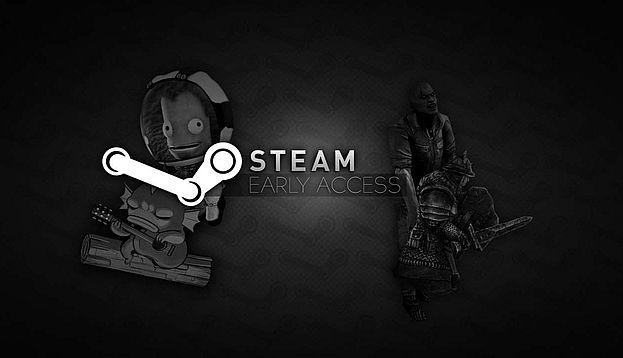Perhaps in an effort to improve the quality of game releases and assures that less problems occur with titles, Valve has added new rules and regulations to its Steam Early Access program, which is likely to affect developers across the board.
Per a report from Eurogamer, Valve has explained that Early Access is “meant to be a place for games that are in a playable alpha or beta state, are worth the current value of the playable build, and the developer plans to continue to develop for release.” In other words, no flash-in-the-pan releases just to make a quick buck, without any follow-through.
Valve also deeply expressed that it’s vital that any experience released on Early Access should be considered a “finished game,” and not just some form of title that exists merely to, well, exist. “When you launch a game in Steam Early Access, there is an expectation by customers that you will continue development to a point where you have what you consider a ‘finished game,” the company explained.
“We know that nobody can predict the future, and circumstances frequently change, which may result in a game failing to reach a ‘finished’ state, or may fail to meet customer expectations in some other way. We work hard to make sure this risk is communicated clearly to customers, but we also ask that developer follow a set of rules that are intended to help inform customers and set proper expectations when purchasing your game.”
The company has also asked developers not to make “specific promises about future events,” in case they can’t be fulfilled. “For example, there is no way you can know exactly when the game will be finished, that the game will be finished, or that planned future additions will definitely happen,” it explained. “Do not ask your customers to bet on the future of your game. Customers should be buying your game based on its current state, not promises of a future that may or may not be realized.”
The four general rules where this advice applies are as follows, provided by the company:
- Don’t launch in Early Access if you can’t afford to develop with very few or no sales.
- Make sure you set expectations properly everywhere you talk about your game.
- Don’t launch in Early Access without a playable game.
- Don’t launch in Early Access if you are not done with development.

